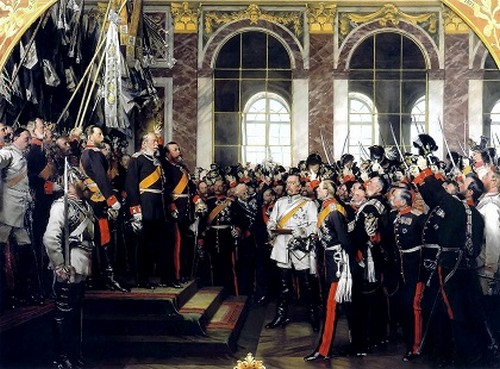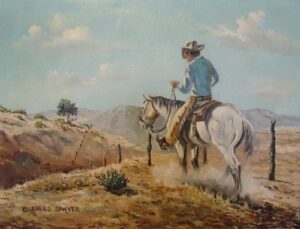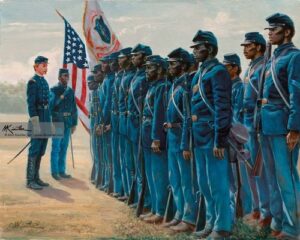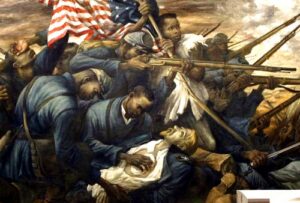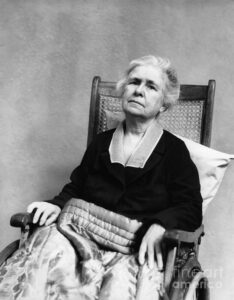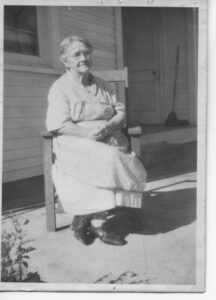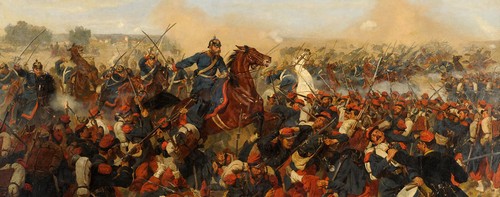
The first king of Prussia was Frederick I. Before him his father tried to unify Prussia, which at the time was separated between different countries. Different parts of Prussia had different royalty and different customs which led to disputes and problems among the different nobilities of Prussia.
The monarchy didn’t succeed until Frederick the Great came into the picture. He was known for his military strategies and for his changes in the way Prussia was governed and how its economy ran. Frederick the Great is also known as Frederick the first, and he inherited some traits from his father. His father was also a military man, and he wanted Frederick I to be just like him. He trained his son to be ruthless and to rule the kingdom with a firm hand. Frederick, I followed his father in a way because he was a military genius, but he also enjoyed other pleasures and delicate things as well, such as art and music. He loved the culture and actually founded the Berlin Academy of the Arts.
One of the reasons the Prussian army was so successful in the wars it participated in and fought in, was because of its strategies and training. They were highly trained soldiers who came from well-to-do families, who had military backgrounds and training. While in other countries such as France and Great Britain, joining the army wasn’t a voluntary choice, you were drafted into the army and already chosen from your household to serve and train in the Prussian Army. There was a school for the higher class families to train their men to join the Prussian Army, but it was meant to train these aristocratic soldiers to be leaders within the army and to learn military strategies. This school wasn’t open to middle-class men until the 18th century. For now, the middle-class men were chosen from their households to serve, doubling the size of the army. These men were trained with a firm hand and learned amazing military tactics. Unlike in other countries as well, instead of just loading and firing your musket three times a minute, these soldiers were supposed to learn how to fire at least four or more shots a minute, at the best six per minute. Also, they invented the iron ramrod, which was used on the musket to pack in the ball and powder into the barrel of the rifle. They used to use plain wooden ramrods, but they innovated to use metal ones because wooden ramrods broke most often in battle leaving your rifle useless. This and many other amazing innovations in the Prussian Army made the country almost invincible in battle.
Frederick the Great in his lifetime doubled the size of his original army, once being 50,000 men when his father ruled, to 90,000 men during his reign. More than half of the budget of the Empire went to finance the army, and one out of every nine men were drafted into Frederick the Great’s Prussian Army. He did this to establish Prussia as a formidable army, and during his reign, he made Prussia a European world power. He put Prussia into history books with his military campaigns and with how he handled ruling and the economy. He taxed his people heavily, but three-quarters of the money went to the army, which made secured his military success. The country didn’t build Frederick’s Army, Frederick’s army built the country. This is because with his army he united his country and other countries along Prussia’s border as well.
During the time of Frederick II’s reign, Austria was the ultimate military and European power at the time. The royal family of Austria was the center of European life, and with the war of the Austrian Succession, Frederick II was able to capture Silesia for Prussia and additional land for Prussia as well. Prussia protected itself by securing its borders and the countries bordering Prussia because it bordered the countries as Germany, Poland, Austria, Russia, and many other central European powers. With the many wars of religion and politics being fought in the bordering countries, Prussia couldn’t just keep to itself, it had to show its dominance in military affairs as well and Religious and economical affairs.
Prussia helped to unify Germany because Otto von Bismark or the Iron Chancellor was one of the most influential military leaders at the time of the Franco-Napolean war. He provoked Napolean and the French into war against them and Austria as well as Germany and other countries in central European countries. This forced the many German people and differing factions to come together and fight a common enemy. At the end of the Franco-Prussian war, Germany became a united country, and Otto von Bismark was named Chancellor of Germany. He not only cracked down on the economy and government, but he also went after the Catholic Church because he believed they had too much influence. Germany Religious issues were solved, religious tolerance in effect. Protestanism was allowed without persecution from the Catholic church, and Germany was finally united.
Prussia became a great nation under its many famous kings and military leaders. As it was said, Prussia didn’t build the military, the military built Prussia. They not only united themselves but helped to unify many other countries and countries bordering the country. They helped to fight many of the largest wars fought in Europe during the 17th and 18th centuries. Frederick I first was named Frederick the Great because of his military genius, and he established Prussia a place in European history.
I hope you found this article informative, and very entertaining. We all could use a little brush-up on our history, can’t we? We learn a lot from history, we can look back at different time periods and different historical events, and learn lessons from them. Thanks for taking the time to read our blog, and I will continue to write blog posts such as these ones. Thanks again! – Sadie

